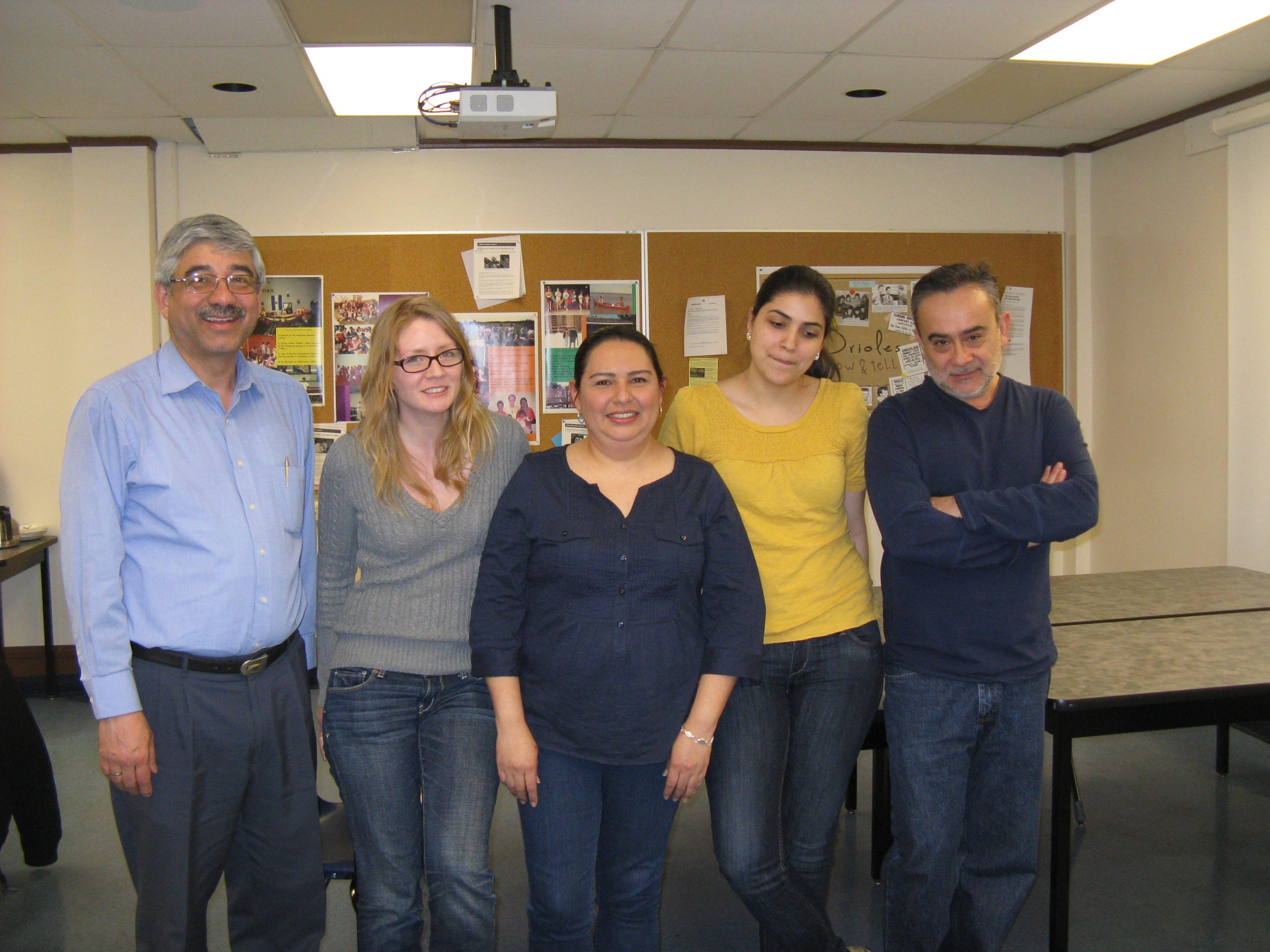News:
Stories of Homeland, Violence, and Migration: Memories and Histories of Refugees in Manitoba, 1945 to the Present

This research project is funded by a four-year grant from the Social Sciences and Humanities Research Council of Canada (2011-2014/15)
Migrants in Canada and around the world have drawn on memories of their homelands to make sense of the changing world around them. Violence, wars, dictatorships, oppressive regimes, and displacements of people, however, have made it ever-more difficult for refugees, exiles, expellees, and other forced as well as voluntary migrants to maintain or re-create the stable identities that allow them to contribute to their new communities. Under such trying circumstances, memories of homeland, violence, and migration have become both a burden that continually reminds migrants of the social injustices and human rights violations that have disrupted their lives and a means for crafting strategies of survival and integration.
This project re-considers Canadian history from the 1940s to the present through the lens of refugees’ experiences, memories, and stories of homeland, violence, and migration. These three topoi–homeland, violence, migration–allow us to explore refugees’ victimization, their resistance, and their cultural creativity. The project collects refugees’ life stories as well as family interviews, documents their testimonies, and analyzes how refugees, individually and collectively, remember and narrate their experiences. It asks how refugees have made sense of their experiences and how their memories of victimization and resistance shaped their integration and community building in Canada. More broadly, this project asks about refugees’ use of history and memory for building meaningful lives in the present.
Specifically, this project develops three case studies set in Manitoba. Firstly, European postwar displaced persons’ oral histories, recorded since the 1970s, and follow-up interviews with some of these narrators as well as their children and grandchildren illuminate the long history of refugees in Manitoba. Secondly, a community oral history project that records life stories of Salvadoran refugees (and their children), who came to Manitoba in the 1980s-1990s, sheds light on the increasing intake of non-European refugees at that time. Thirdly, a community oral history project in Winnipeg’s inner city records stories of the most recent refugees from Somalia, Ethiopia, Sudan, Afghanistan, and Burma as well as stories of their neighbours, i.e. postwar immigrants, Aboriginals, and other Canadian-born. So far, some 30 community researchers and student research assistants have been trained in oral history. They have collected three dozen interviews lasting between one and 20 hours. Part of the research has been presented at conferences in Montreal, Buenos Aires, and Winnipeg.

Group portrait of Stories of Homeland Oral History Project participants (from left to right): Angel DePaz, Allison Penner, Alejandra Salcedo, Laura Castillo, Mario Jimenez.

